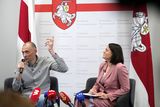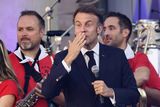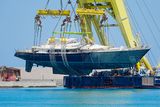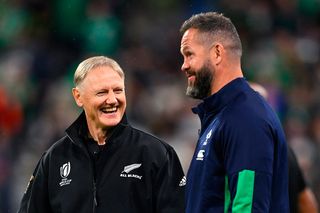Why Russia’s imperial past shapes its present and haunts its neighbours
Unfinished Empire by DCU professor Donnacha Ó Beacháin gets to the heart of how the collapse of the Soviet Union in 1991 was not so much an end to empire as a temporary retreat
Russian President Vladimir Putin at the military parade during Defender of the Motherland Day in Moscow. Photo: Sasha Mordovets/Getty Images
These days, empires rarely admit they are empires. They speak of civilisation, of security, of shared history – all while projecting power and extracting obedience. Most European empires disintegrated in the second half of the 20th century, and European nations quickly discarded much, if not quite all, of the imperialist mindset.
For the lands of eastern Europe and central Asia that had once submitted to Russian rule, however, the process only began in the 1990s with the collapse of the Soviet Union – and the past has never quite passed. It lingers in language and pipelines, monuments and missiles. Donnacha Ó Beacháin’s Unfinished Empire explores how Russia’s imperial past continues to shape its present and haunt its neighbours.
Join the Irish Independent WhatsApp channel
Stay up to date with all the latest news
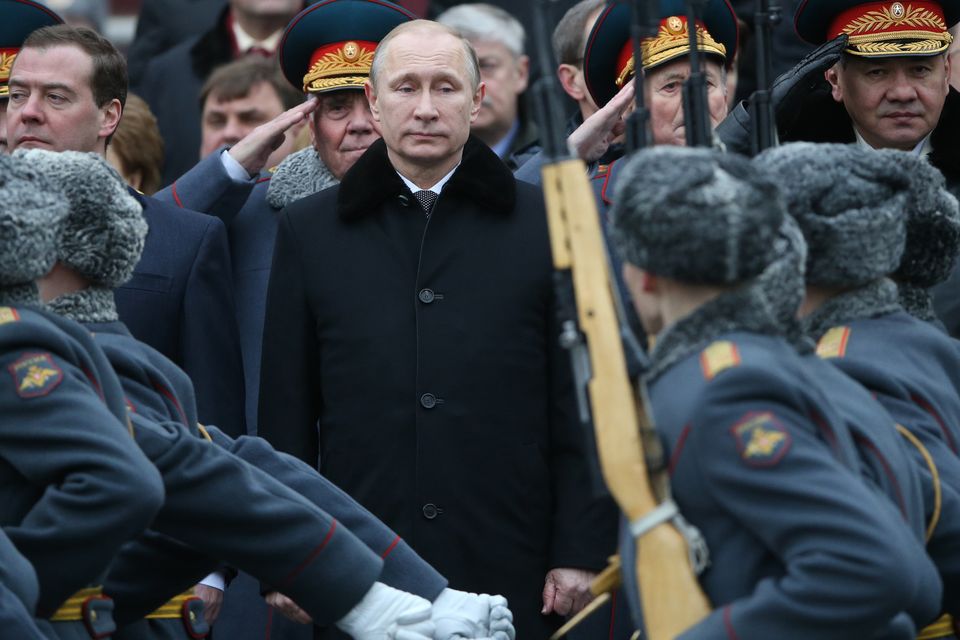
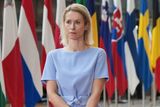
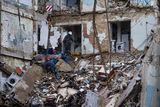


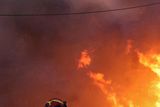
 (2).jpg)

